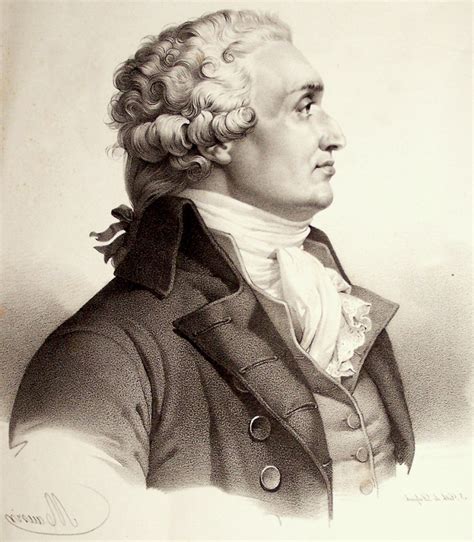A Quote by Henry Ward Beecher
The reason that men are so slow to confess their vices is because they have not yet abandoned them.
Related Quotes
They will endure. They are better than we are. Stronger than we are. Their vices are vices aped from white men or that white men and bondage have taught them: improvidence and intemperance and evasion-not laziness: evasion: of what white men had set them to, not for their aggrandizement or even comfort but his own.
Of all vices take heed of drunkenness; other vices are but fruits of disordered affections--this disorders, nay, banishes reason; other vices but impair the soul--this demolishes her two chief faculties, the understanding and the will; other vices make their own way--this makes way for all vices; he that is a drunkard is qualified for all vice.
I know no man who feels deeper disgust than I do at the ambition, avarice, and profligacy of the priesthood, as well because every one of these vices is odious in itself, as because each of them separately and all of them together are utterly abhorrent in men making profession of a life dedicated to God.
I grant this mode of secluding boys from the intercourse of private families has a tendency to make them scholars, but our business is to make them men, citizens, and Christians. The vices of young people are generally learned from each other. The vices of adults seldom infect them. By separating them from each other, therefore, in their hours of relaxation from study, we secure their morals from a principal source of corruption, while we improve their manners by subjecting them to those restraints which the difference of age and sex naturally produce in private families.
The third class consists of men to whom nothing seems great but reason. If force interests them, it is not in its exertion, but in that it has a reason and a law. For men of the first class, nature is a picture; for men of the second class, it is an opportunity; for men of the third class, it is a cosmos, so admirable, that to penetrate to its ways seems to them the only thing that makes life worth living. These are the men whom we see possessed by a passion to learn.
[A]ll popular and well-mixed governments [republics] . . . are ever established by wise and good men, and can never be upheld otherwise than by virtue: The worst men always conspiring against them, they must fall, if the best have not power to preserve them. . . . [and] unless they be preserved in a great measure free from vices . . . .





































